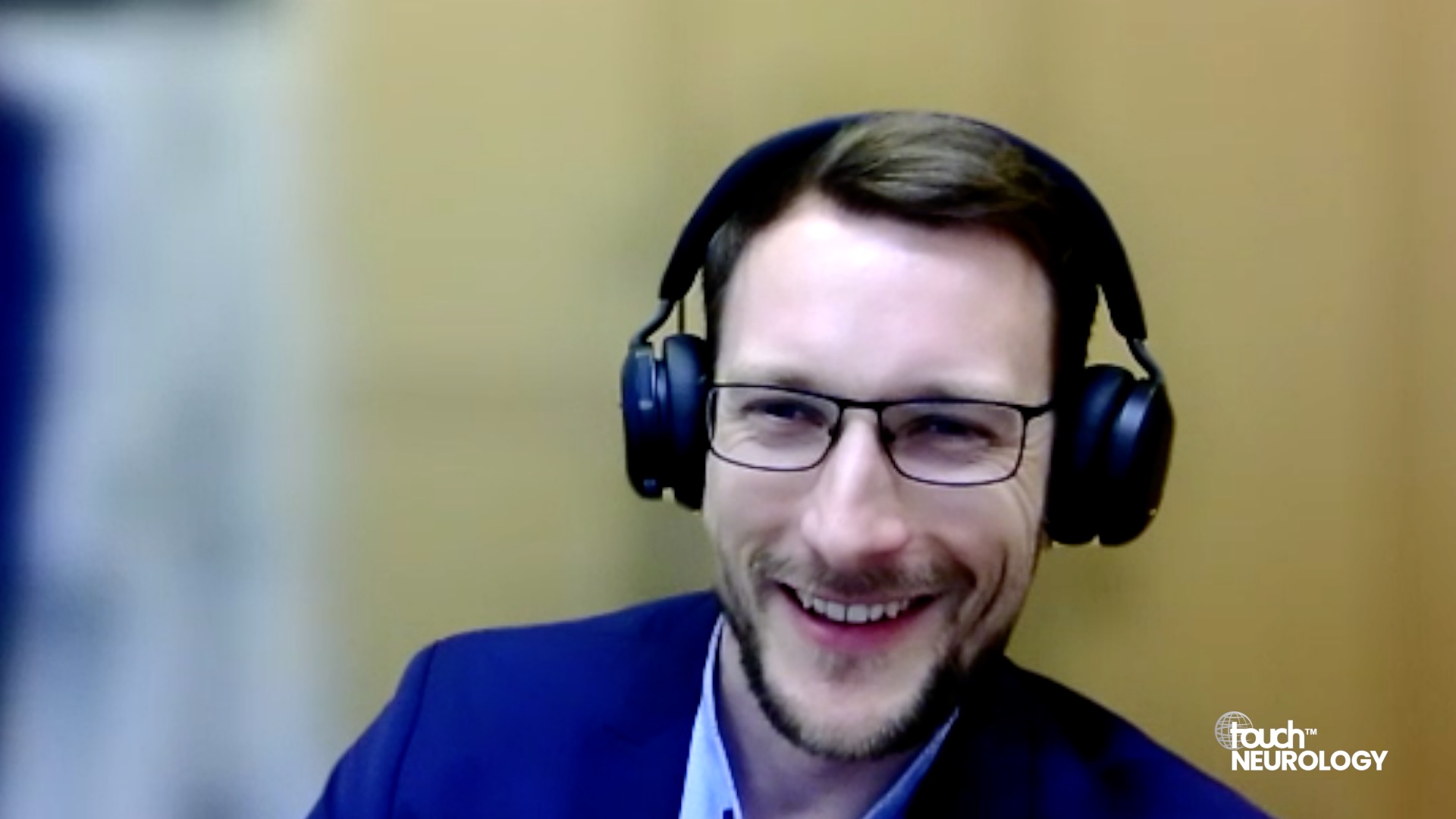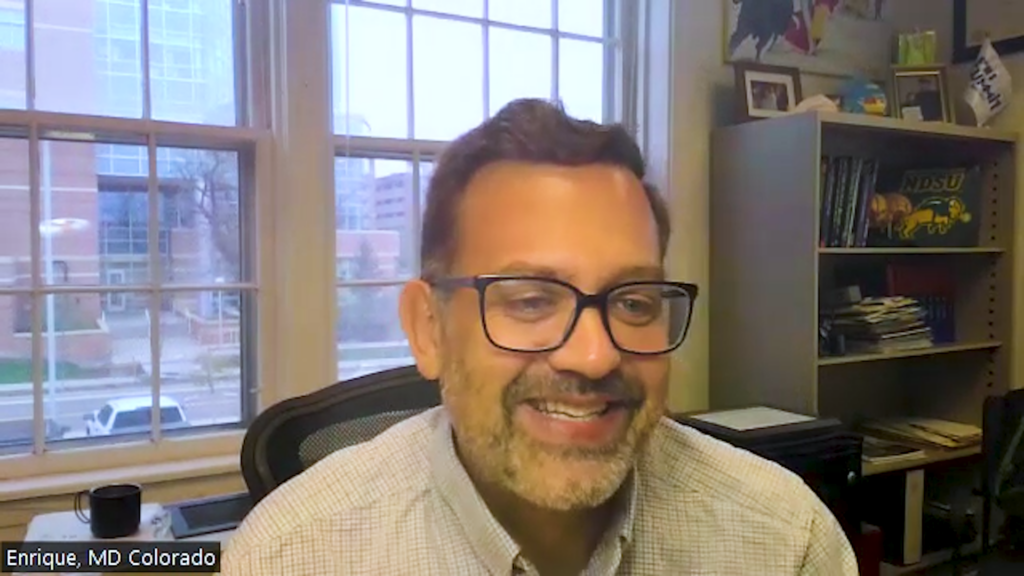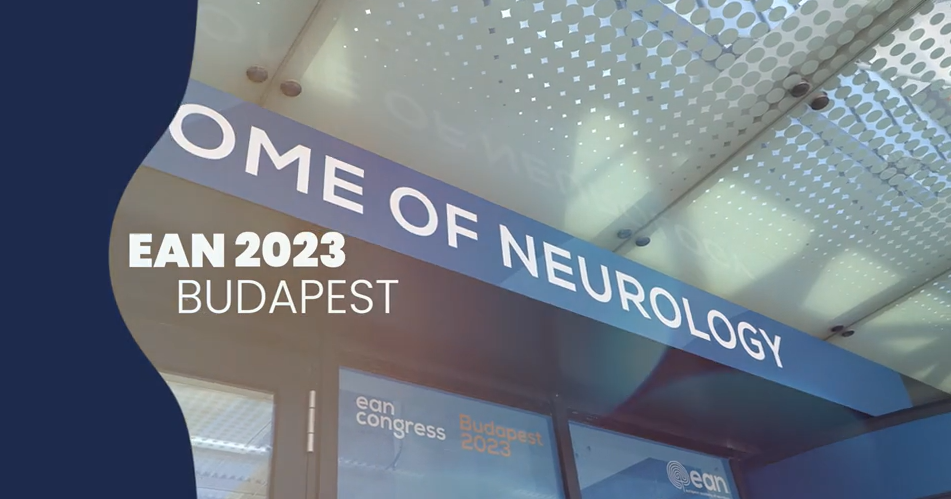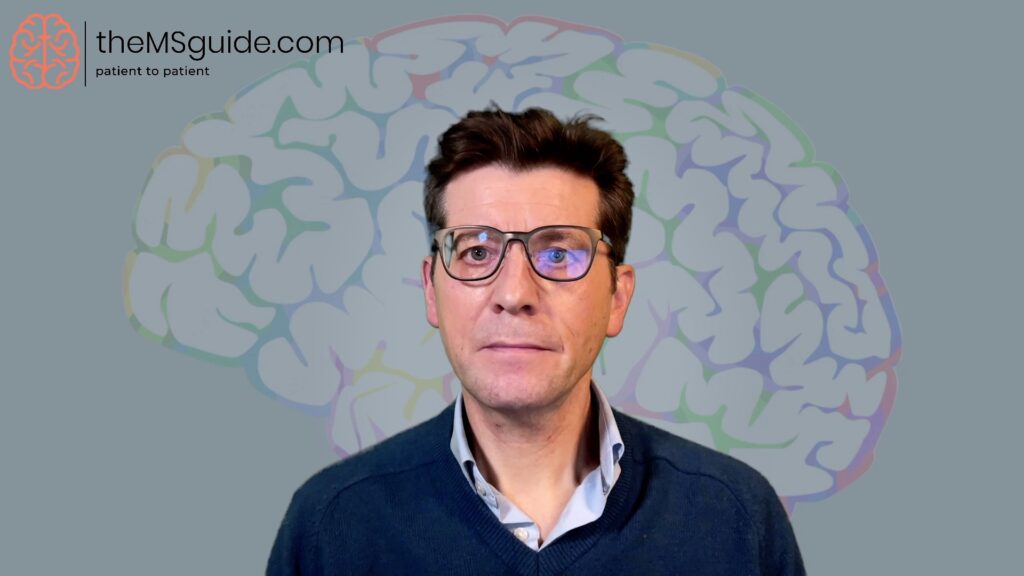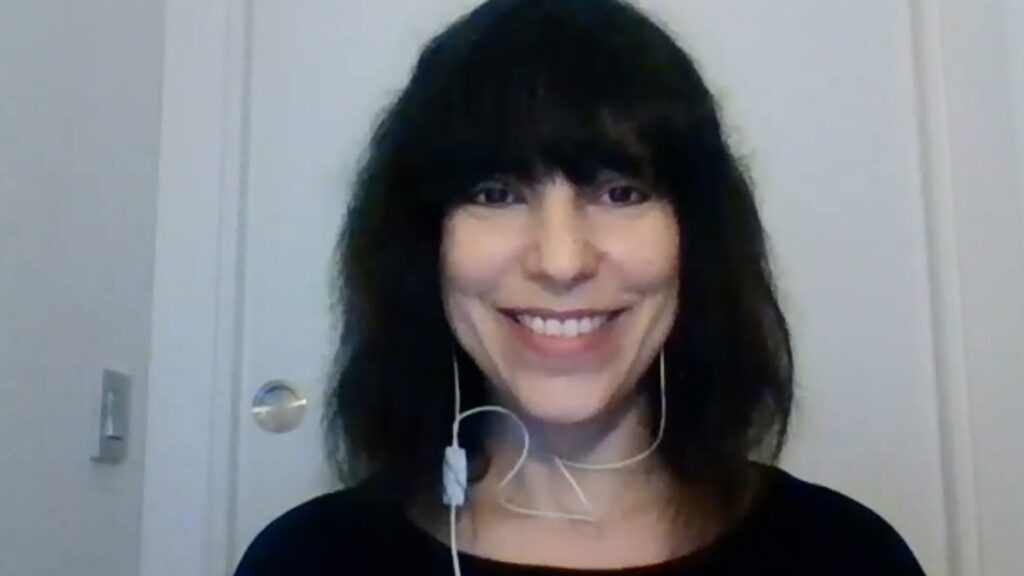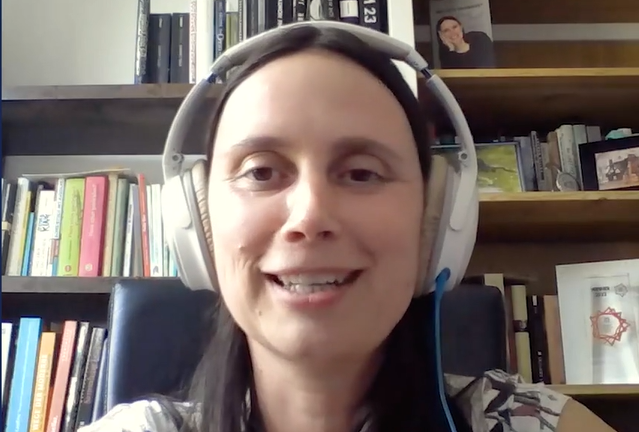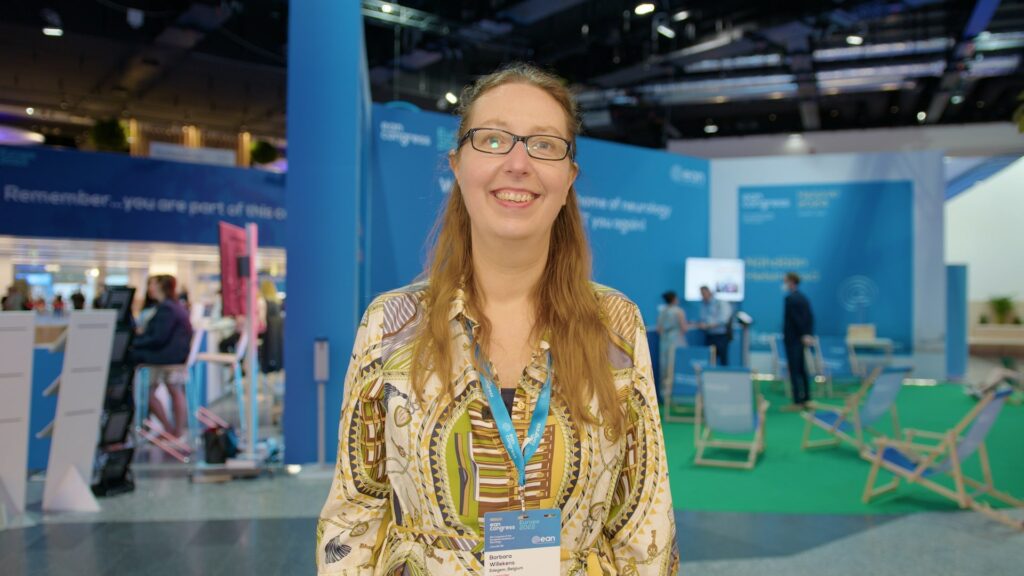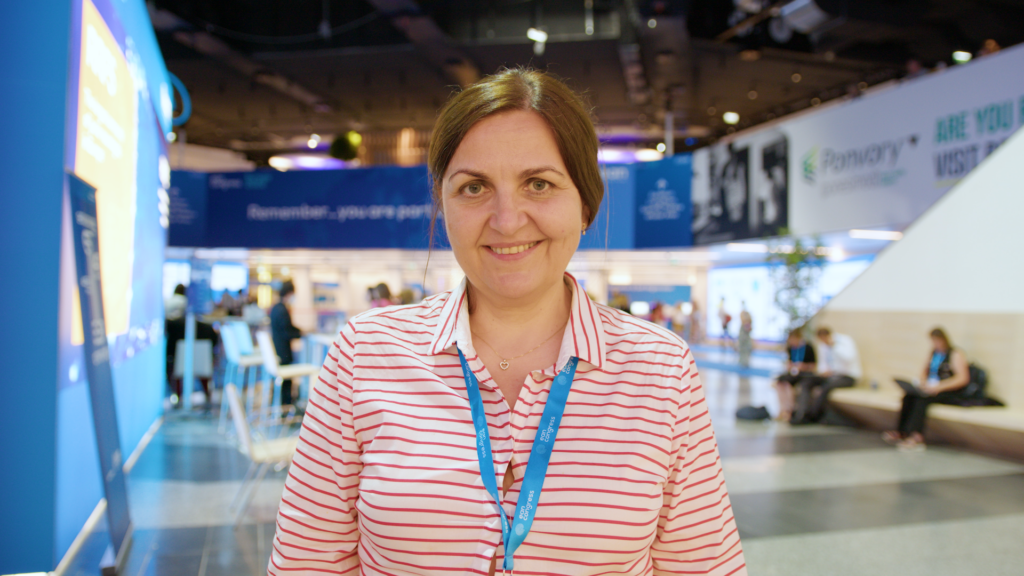touchNEUROLOGY met up with Prof. Bernhard Hemmer (TUM-Klinikum rechts der Isar, Munich, Germany) to discuss the primary data from the phase III Antelope study, investigating proposed natalizumab biosimilar PB006 in relapsing remitting multiple sclerosis.
The abstract entitled: ‘Efficacy and safety of proposed natalizumab biosimilar PB006 versus Tysabri® in patients with relapsing remitting multiple sclerosis: primary data from the phase III Antelope study’ was presented at the 37th Congress of the European Committee for Treatment and Research in Multiple Sclerosis (ECTRIMS), 13-15 October 2021.
Questions:
- Why are biosimilar drugs needed in MS and what are the challenges in their production? (0:17)
- What were the aims and design of the Antelope study? (0:51)
- What were the efficacy and safety findings of the study? (1:18)
- What will be the next step in the clinical development of biosimilar natalizumab? (2:02)
Disclosures: Bernhard Hemmer has served on scientific advisory boards for Novartis; he has served as DMSC member for AllergyCare, Polpharma and TG therapeutics; he or his institution have received speaker honoraria from Desitin; his institution received research grants from Regeneron for multiple sclerosis research. Bernhard Hemmer holds part of two patents; one for the detection of antibodies against KIR4.1 in a subpopulation of patients with multiple sclerosis and one for genetic determinants of neutralizing antibodies to interferon. All conflicts are not relevant to the topic of the study.
Support: Interview and filming supported by Touch Medical Media. Interview conducted by Katey Gabrysch
Filmed as a highlight of ECTRIMS, Virtual 2021

